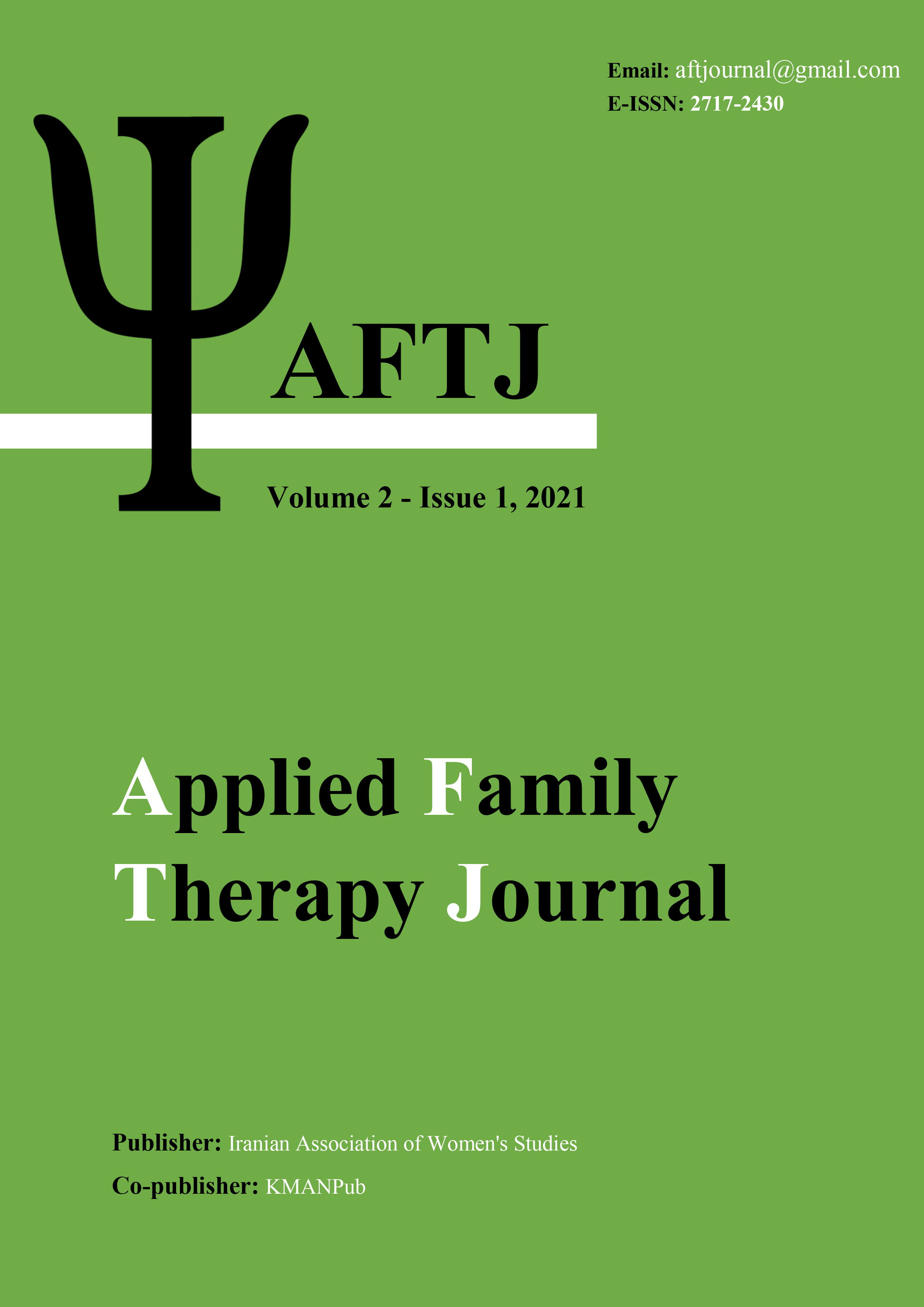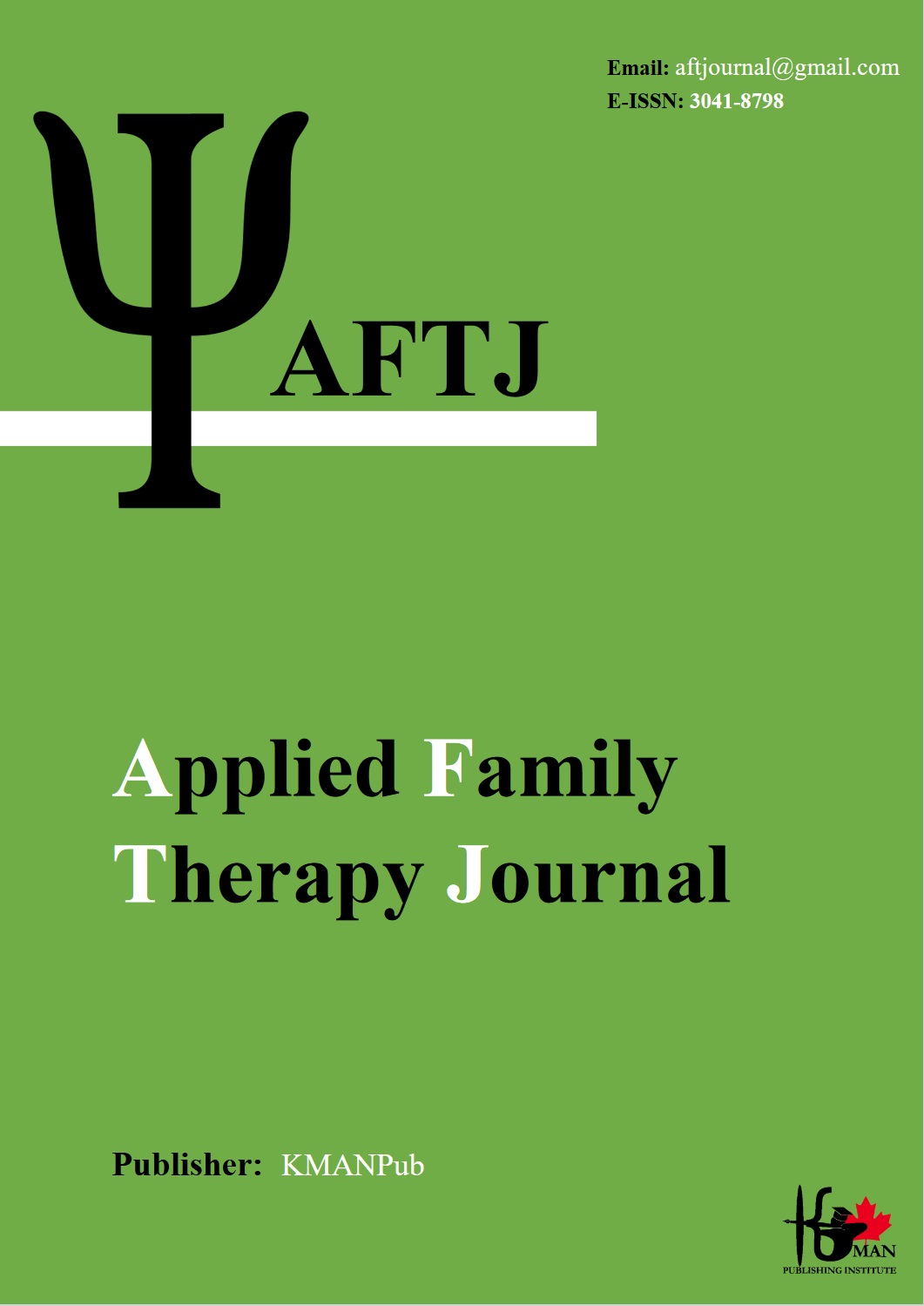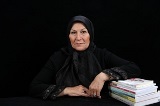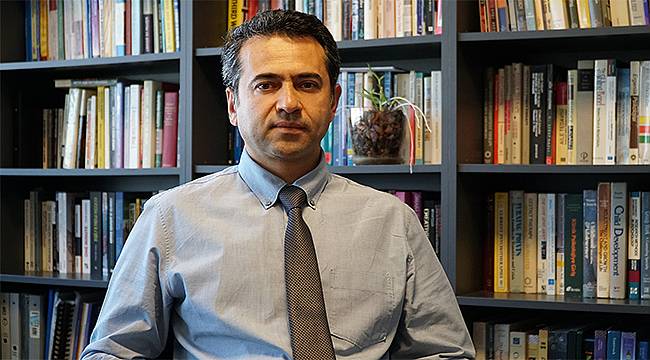The prediction of the psychological burden of Coronavirus on women in the family during the quarantine: The role of problem-solving styles and psychological capital
Keywords:
Perceived stress, Psychological Burden, Problem-Solving Styles, Psychological Capital, CoronavirusAbstract
Aim: This study was aimed to study the role of problem solving styles and psychological capital in perceived stress caused by Coronavirus among the women of family. Method: The research method was descriptive-correlational, and from the statistical population of women in Bandar Abbas, 155 women participated in the study as a sample by using the convenience sampling method. The data were collected using the Cassidy and Lang (1996) Problem Solving Styles Questionnaire, gLuten & Avolio (2007) Psychological Capital, and Cohen, Kamarck, & Mermelstein (1983) Perceived Stress. Pearson correlation coefficient and stepwise regression analysis were used to analyze the data. Results: There was a positive correlation between the problem-solving styles of helplessness, avoidance, and tendency, and perceived stress, and there was a significant negative correlation between the problem-solving styles of inhibition, creativity, and trust and the perceived stress (p = 0.01). Also, there is a significant correlation between self-efficacy and resilience subscales and perceived stress (p = 0.01). And there is a significant correlation between the total score of psychological capital and the subscales of hope and optimism and perceived stress (p = 0.05). The stepwise regression coefficients showed that inhibition style with a beta coefficient (β = 0.27), creativity style with a beta coefficient (β = 0.24), self-efficacy psychological capital with a beta coefficient (β = 0.20), psychological capital Resilience with a beta coefficient (β = 0.19), and psychological capital of optimism with a beta coefficient (β = 0.17) were able to predict the perceived stress of coronavirus in women. Conclusion: According to the findings of the study, it seems that the use of emotion regulation strategies and having a sense of meaning in life can reduce the severity of the psychological burden in stressful situations.
Downloads
Downloads
Published
Issue
Section
License

This work is licensed under a Creative Commons Attribution-NonCommercial 4.0 International License.























